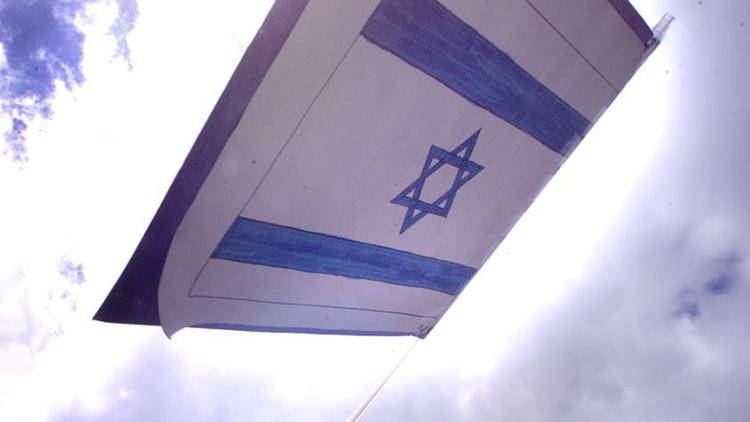In the early hours of September 7, according to the Syrian Army, the Israeli Air Force attacked a military site in the Syrian town of Masyaf that manufactures advanced missiles. Though the attack does not equate in strategic value to the one Syria’s Al Kibar nuclear reactor, which was destroyed a decade ago, it still signifies a major step in Israel’s policy toward Syria. This strike sent four key messages - messages that point toward Israel espousing a more active strategy in challenging the threats posed by the Assad regime and its partners, Iran and Hezbollah.
The first message is strategic. Throughout the Syrian civil war, Israel has mainly limited its role in the conflict to targeting weapons shipments en route to Hezbollah. Now, it seems, Israel is implementing the nipping in the bud strategy by increasing the scope of its action to prevent its key opponents from producing or acquiring advanced weaponry. This is effectively an extension of the Begin Doctrine, founded by Prime Minister Menachem Begin in 1981, which maintained that Israel should carry out pre-emptive strikes to stop its enemies from constructing nuclear-enrichment plants as well as production facilities for advanced conventional weapons.
The second message is political. Prime Minister Benjamin Netanyahu has already informed Moscow and Washington that the agreement they reached in July, which reportedly specified that Hezbollah and other Iranian-backed forces must keep 10 to 20 kilometers away from Israel’s northern border, is unacceptable. In essence, Israel is now clarifying that if the great powers fail to take Israel’s critical interests into account when deciding on the future of Syria, it will act independently to protect itself.
The third message has to do with maintaining legitimacy. In a world where threats are cheap, not to mention abundant (read President Trump’s recent promise of “fire and fury” against North Korea), it is much more meaningful when a nation delivers on tough rhetoric. In this specific case, the complex that was attacked was a research and production centre belonging to the CERS Institute which is funded mostly by Iran and produces advanced long-range missiles and chemical weapons for the Syrian Arab Army and Hezbollah. The strike is a sure shot indication to both Tehran and Damascus that Israel is willing to take critical action to prevent the development of long-term strategic threats.
The fourth message is about Israel’s autonomy in military operations, and the Russian strategy in Syria. That the targeted facility is located in an area under the Russian air shield points towards one of two possibilities: either Russia understands the level of Israeli concern of Iran taking over Syria, or the Israeli Air Force has again proved that no air defence system is perfect.
So what happens now?
On the diplomatic front, Israel could return to Washington and Moscow and once again reaffirm that it will not accept a so-called Iranian takeover of Syria. They may now find much more attentive audiences. One should expect a response from Syria or even Iran. Militarily, Israel is ready. However, it is important to avoid being dragged into war along the northern border since any such clash would be costly to both sides in terms of both blood and money.






